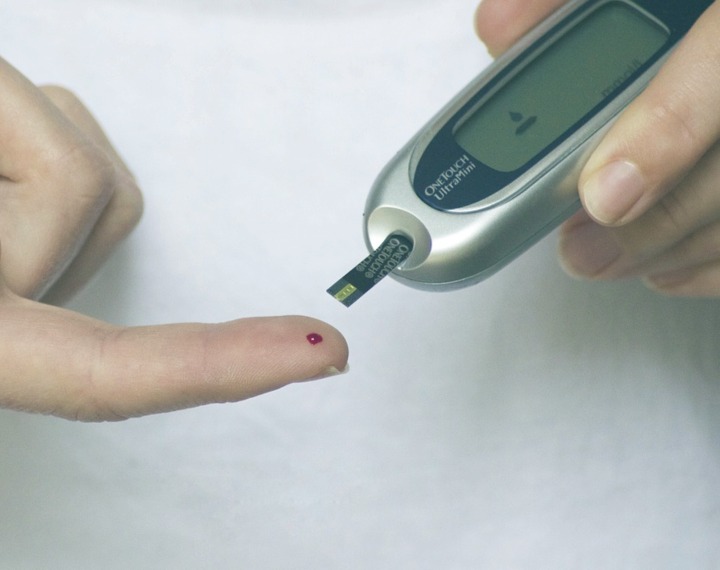Providing Effective Care to Residents with Diabetes
 Living with diabetes, whether it’s type one or type two is no easy task, especially with the need for constant blood sugar checks throughout the day and night. While most people with diabetes are able to lead a normal life, as diabetes sufferers get older, they often struggle to be able to manage their diabetes effectively, just like they can no longer manage a range of other daily tasks and chores.
Living with diabetes, whether it’s type one or type two is no easy task, especially with the need for constant blood sugar checks throughout the day and night. While most people with diabetes are able to lead a normal life, as diabetes sufferers get older, they often struggle to be able to manage their diabetes effectively, just like they can no longer manage a range of other daily tasks and chores.One reason why a lot of older diabetes sufferers struggle to manage their condition, is because it becomes more complex to manage with age. Often, it is other health conditions such as dementia and arthritis, for instance, that make managing diabetes as a senior more difficult. It’s health conditions like these that can lead to seniors needing help with everything, from checking their blood glucose levels to eating the right foods.
It’s clear that as people with diabetes get older, they often need extra help. With that in mind, it’s important to ensure that your care home is able to provide effective care to residents with diabetes, the question is how can you do that?
Effective training is crucial
If you want to ensure that your care home is able to provide the very best care to diabetes sufferers, it’s important to ensure that you offer effective employee training. Every member of staff who will be dealing with residents suffering from diabetes should be trained in diabetes care, to ensure that your residents always receive the highest level of care. It’s vital that your team are trained in diabetes care, including how to check blood glucose levels, give insulin if needed, and how to stop the signs of a hypo or hyper. This is important as when diabetes sufferers get older, they aren’t always able to deal with these things themselves. As well as being able to recognise the symptoms that a diabetes sufferer’s blood glucose levels aren’t as they should be, your team also need to know how to deal with hypos and hypers quickly and effectively.
When it comes to training your team to deal with diabetes in seniors, there are various online resources that can help to ensure that your team are well trained and have all the knowledge needed when it comes to dealing with diabetes in seniors. There are also courses that they can go on, to help ensure that they have a sound knowledge of how to effectively care for diabetics in a care home environment.
It’s vital that you understand each individual's needs
When it comes to caring for diabetes sufferers, one of the most important things is to understand that each diabetes sufferer has individual needs. No two diabetics are the same, and so, it’s vital that your team know the importance of understanding each individual resident’s needs when it comes to dealing with diabetes. It’s especially important that your team members understand the difference between type one and type two diabetes, and how each condition can be effectively managed.
To ensure that each resident with diabetes is treated individually, what you can encourage your team members to do is talk to residents about their diabetes. Ask them how they feel when their blood glucose levels are too high - hyper, or too low - hypo. Over time, your team should be able to get to know what certain symptoms in each resident with diabetes mean and what to do about them. For example, low blood pressure can cause mood swings which can make diabetes sufferers angry, upset or irritable. Some people will always get upset when their blood sugar levels are low, others will become angry and irritable. It’s just a case of knowing what certain symptoms mean for each diabetes sufferer.
Store medication and needles safely
We’ve spoken before about storing medications safely, but what about storing sharps safely? If any of your residents suffer from type one diabetes, then the chances are that they will need to inject with insulin a few times per day. This may be something that your team will need to learn to do, as part of providing effective diabetes care.
Another important part of providing diabetes care is ensuring that when it comes to storing medication and sharps, these items are stored safely. We’ve mentioned Lockabox before for storing medications - again this could be something that’s worth investing in for keeping medication and sharps safely locked away. As for disposing of sharps, using yellow hazard bins is crucial.
This guide should help to make providing effective care to residents with diabetes easier for you and your team.
Associated Product List




